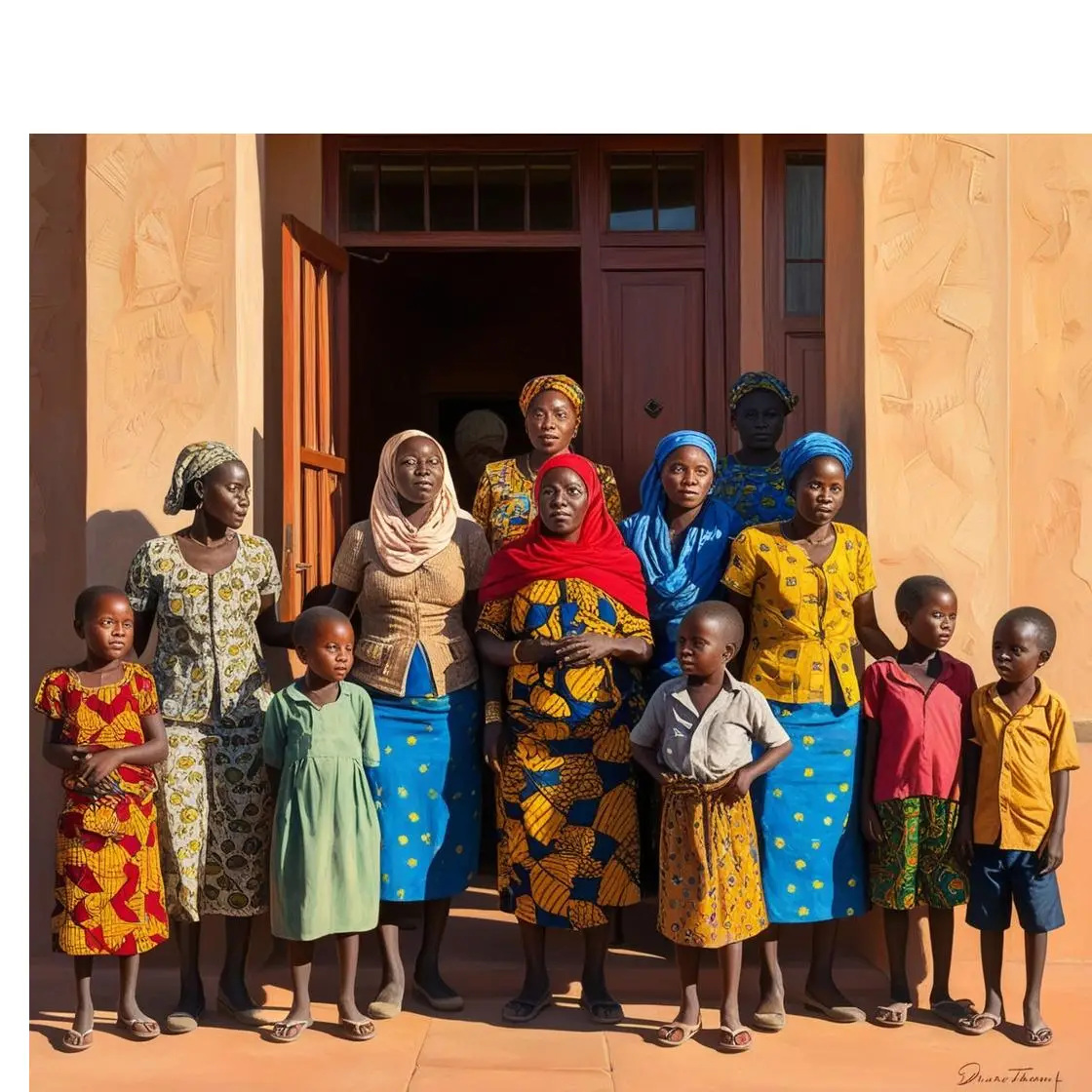Imagine receiving a message from a stranger containing precise details about your daily routine. Or discovering that your image has been manipulated into explicit content and spread across the internet. These are not hypothetical fears—they are a reality for millions of women and girls globally.
As digital technology becomes a more significant part of everyday life, it is also being weaponized to harm women and girls in alarming ways. Although not new, technology-facilitated gender-based violence (TFGBV) has surged in recent years, posing serious risks to safety, privacy, and well-being. Online abuse frequently escalates into real-world harm, making it difficult for women to feel safe at home, work, or in public spaces.
The scale of the problem is staggering:
According to various studies, Between 16% and 58% of women worldwide have experienced some form of digital abuse.
60% of women in Arab States have faced online violence.
More than 50% of women in 12 Eastern European and Central Asian countries have encountered TFGBV.
In five Sub-Saharan African nations, 28% of women reported experiencing online abuse.
A study covering Denmark, Italy, New Zealand, Poland, Spain, Sweden, the UK, and the USA found that 23% of women aged 18-55 had faced digital violence.
Understanding Technology-Facilitated Gender-Based Violence
TFGBV refers to any act committed, assisted, or amplified through digital technologies that result in harm—whether physical, psychological, economic, or social. Unlike traditional forms of gender-based violence, TFGBV extends beyond online spaces, affecting victims’ personal and professional lives.
Common Forms of TFGBV (Prevalence Data)
Sexual harassment & stalking: The most commonly reported online abuse against women and girls. 58% of young women and girls globally have faced online harassment.
Doxing: The public release of personal information, leading to threats and physical harm.
Deepfake abuse: AI-manipulated images or videos cause reputational and psychological harm.
Cyberbullying & hate speech: Targeted digital harassment that erodes mental well-being.
Defamation & misinformation: False narratives spread online that damage reputations.
Sextortion & revenge porn: The non-consensual distribution of intimate images.
Who is Most at Risk?
Young women and girls: Their frequent digital engagement increases exposure to TFGBV.
Marginalized groups: Women with disabilities, Black and Indigenous women, migrants, and LGBTIQ+ individuals face higher risks of online violence.
Women in public life: 73% of women journalists have faced digital harassment, and 58% of African women parliamentarians report online attacks.
How Can We Combat Digital Abuse?
Enhance international cooperation between governments, tech companies, and civil society.
Strengthen legal frameworks with input from survivors and women’s organizations.
Hold tech companies accountable for digital violence and privacy breaches.
Integrate digital ethics and safety education into school curricula.
Promote women’s leadership in tech to create safer digital environments.
Challenge harmful gender norms and counteract misogynistic narratives online.
UN Women’s Actions Against TFGBV
Policy Advocacy: Supporting global digital safety laws, including the UNODC Cyber Crime Convention and EU Directives on digital gender-based violence.
Feminist Digital Rights Movement: Strengthening digital security for women’s rights groups.
Public Awareness Campaigns: Promoting prevention strategies and ethical digital behavior.
Data & Research: Closing knowledge gaps on TFGBV prevalence and perpetrator behaviors.
The Urgency for Action
TFGBV is not just an online issue—it affects millions of women’s safety, livelihoods, and rights. Governments, tech platforms, and civil society must act now to ensure that digital spaces are safe and inclusive for all.
Sources
- UN Women Report on Ending Violence Against Women and Girls, 2024
- Amnesty International Survey on Online Abuse
- Plan International: Online Harassment Study
- UNESCO: Online Violence Against Women Journalists
- Inter-Parliamentary Union: Women in Politics and Online Attacks.




